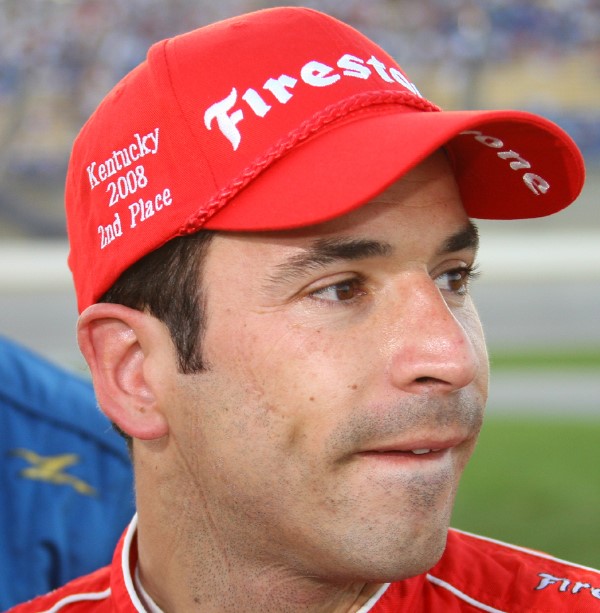Castroneves fails to have tax-evasion charges dismissed
 |
| Government does not think Castroneves is as innocent as he may think |
A federal judge on Thursday rejected a handful of defense moves to undercut the U.S. government's tax-evasion case against two-time Indy 500 winner Helio Castroneves, clearing the way for a March 2 trial.
The famed Brazilian driver, who gained greater celebrity after winning the reality TV show Dancing With the Stars in 2007, is charged with failing to pay taxes on more than $5 million in income. His sister, Katiucia Castroneves, and his Michigan lawyer, Alan R. Miller, are accused of assisting the Coral Gables resident in the alleged tax-evasion scheme between 1999 and 2004.
After the court hearing, Castroneves said that the more he sees of the government's evidence in the complex case, the more confident he is about the outcome.
''They're trying to show something that doesn't exist,'' Castroneves, 33, told reporters. “We're ready. Kati and I are innocent.''
U.S. District Judge Donald Graham denied several motions by the three defendants, including two by Miller seeking a separate trial and dismissal of the charges.
Miller's attorney — Robert Bennett, who represented former President Bill Clinton during the Paula Jones scandal — said ''there's no way'' his client and the Castroneves broke U.S. tax laws.
After the judge rejected Miller's move for a separate trial, his defense team disclosed that he may testify at the upcoming trial.
Another hearing is set for Monday on a separate dismissal motion led by the Castroneves, which deals with statute of limitations claims regarding tax-evasion charges in 1999, 2000 and 2001. The siblings' lawyers — David Garvin, Howard Srebnick and Scott Srebnick — said the six-year statute of limitations expired before the defendants were indicted in October.
The defendants are charged with using an offshore shell corporation called Seven Promotions, set up in Panama, to orchestrate the tax-evasion conspiracy, according to the indictment.
In a deal with the Penske Racing Team, Castroneves was to be paid $6 million as a driver and for the licensing rights to use his name, likeness and image, according to the indictment. Of that total, $5 million was initially supposed to go to the Panamanian corporation, which was controlled by Castroneves.
But that money was not transferred to Seven Promotions because the driver's attorney, Miller, belatedly realized that Penske was going to have to withhold taxes on any payments to the Panamanian company, according to prosecutors.
So, Miller instructed Penske not to pay Castroneves through Seven Promotions, they said. Instead, the attorney later told Penske to pay him through a Dutch entity called Fintage Licensing in an attempt to avoid any tax liability, they said.
But Castroneves was still liable for taxes on the income that he earned from Penske because it was supposed to be sent all along to Seven Promotions, said prosecutors Matt Axelrod and Jed Dwyer.
The government's case has brought Castroneves' race car career to a screeching halt. In January, Penske Racing Team announced driver Will Power as Castroneves' replacement in the No. 3 car during preseason testing and, if necessary, in races this season. Miami Herald
